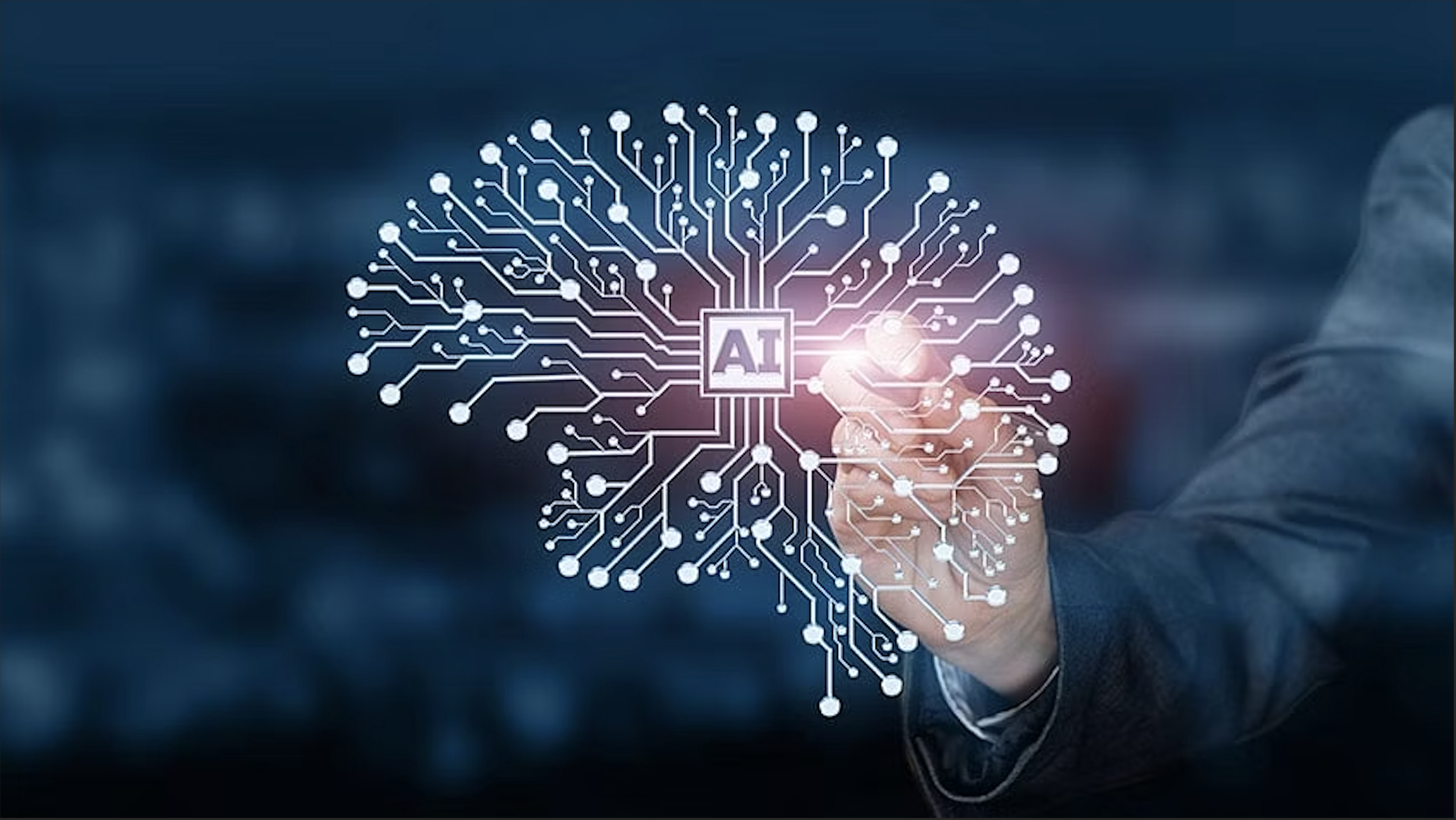In an era marked by technological advancements, Artificial Intelligence (AI) continues to revolutionize various aspects of our lives. From everyday utilities to assisting across industries, AI has become an indispensable force driving innovation and efficiency. Now, a groundbreaking study suggests that AI may soon take center stage in an unexpected domain: job interviews. According to a recent survey conducted by Resume Builder, a prominent resource for job seekers, an astonishing 43% of companies plan to integrate AI into their interview processes by 2024, ushering in a new era of hiring practices.
The survey, encompassing insights from over 1,000 employees, delves into the perspectives of hiring managers regarding the adoption of AI in job interviews. Unveiling a plethora of intriguing viewpoints, it paints a vivid picture of a future where AI plays a pivotal role in the hiring landscape. Notably, 15% of companies intend to rely exclusively on AI throughout the entire hiring process, underscoring the growing significance of this transformative technology.
The potential benefits of AI interviews are manifold, with two-thirds of respondents believing that it will enhance hiring efficiency. Furthermore, 15% of participants envision a future where AI, devoid of any human intervention, will autonomously determine the fate of candidates. Astonishingly, over half of the respondents expressed a belief that AI will ultimately supplant human hiring managers, forever altering the traditional dynamics of employment.
However, amidst the optimism, a sizeable proportion of respondents (32%) indicated that their organizations harbor no plans to deploy AI in interviews. Their reasons vary, ranging from a preference for direct human interactions with candidates to concerns about the cost-effectiveness of AI interviews and the risks associated with unknown outcomes. Additionally, many respondents in this category admitted a lack of awareness regarding AI tools available for job interviews.
Among the participants who confirmed their company’s intention to employ AI for interviews in 2024, an overwhelming 85% clarified that while AI software may offer candidate recommendations, the final decision will still rest with human evaluators. When questioned about the specific roles of AI in the hiring process, 65% believed it would serve as an early screening tool, 14% envisioned it as the ultimate decision-maker, and 17% envisaged AI interviews as the sole step in the process. Moreover, the survey highlighted that AI would not only assess candidates’ job qualifications but also evaluate their cultural fit within organizations, further blurring the line between technology and human judgment.
Interestingly, within a subsection of respondents whose companies utilize both AI interviews and applicant tracking software (ATS), 60% expressed a preference for the efficacy of ATS over AI interviews. Evaluating the overall efficiency of AI interviews, 65% anticipated an increase, 14% predicted a decrease, while 21% believed it would have no substantial impact on hiring efficiency.
Commissioned by ResumeBuilder.com and organized by SurveyMonkey, this illuminating study offers valuable insights into the evolving landscape of job interviews. Although the sample primarily consisted of American hiring managers aged 18 to 64, it sheds light on broader trends shaping the global hiring ecosystem.
As organizations strive for efficiency, innovation, and improved outcomes in the recruitment process, AI emerges as a powerful tool. The rise of AI in job interviews heralds a new era where human judgment converges with machine intelligence, transforming the way we identify and select talent. While the road ahead may be paved with both promise and skepticism, the undeniable potential of AI in streamlining hiring processes cannot be ignored.
In this fast-paced digital age, where technological breakthroughs are rewriting the rules of engagement, one thing is clear: the future of job interviews is poised for a significant transformation, guided by the amalgamation of human expertise and AI









